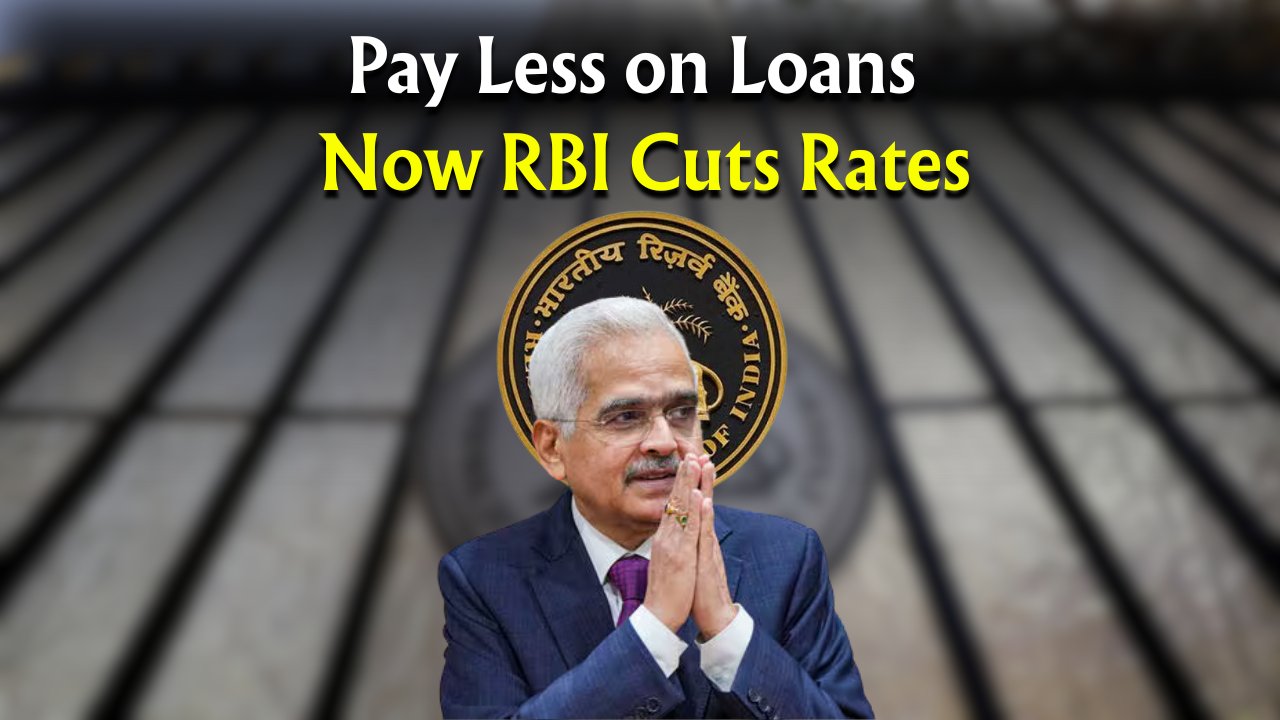SIP Update : In today’s fast-paced world, securing a stable retirement is more important than ever. With inflation eating into savings and rising medical costs post-retirement, having a reliable income stream is crucial. One such overlooked method is the Systematic Investment Plan (SIP) through schemes like those offered by SBI and other leading institutions. If you missed out on this retirement-focused SIP, you could be sacrificing as much as ₹1 lakh per month after retirement.
SIP Update : What is an SIP and Why It’s Essential for Retirement?
Systematic Investment Plan (SIP) is a disciplined way to invest regularly in mutual funds. It helps build a sizeable corpus over time by investing a fixed amount every month. When you retire, this accumulated wealth can provide a steady monthly income.
Key Benefits of Retirement SIP:
- Power of compounding over decades
- Rupee cost averaging lowers investment risk
- Small monthly savings become large retirement funds
- Customizable investment amount and frequency
- Flexibility to increase contributions with income
How SIP Can Generate ₹1 Lakh Monthly Post-Retirement
Let’s understand how early and consistent SIP contributions can generate a monthly pension-like income of ₹1 lakh or more. The key lies in starting early, investing consistently, and choosing the right SIP plan aligned with long-term growth.
Example: SIP Calculation to Achieve ₹1 Lakh Monthly Pension
| Start Age | Monthly SIP | Investment Duration | Total Investment | Expected Return Rate | Corpus at 60 | Monthly Income Post 60 (Annuity at 6%) |
|---|---|---|---|---|---|---|
| 25 | ₹5,000 | 35 years | ₹21,00,000 | 12% p.a. | ₹2.3 Crore | ₹1,15,000 |
| 30 | ₹7,000 | 30 years | ₹25,20,000 | 12% p.a. | ₹1.9 Crore | ₹95,000 |
| 35 | ₹10,000 | 25 years | ₹30,00,000 | 12% p.a. | ₹1.5 Crore | ₹75,000 |
| 40 | ₹15,000 | 20 years | ₹36,00,000 | 12% p.a. | ₹1.1 Crore | ₹55,000 |
| 45 | ₹20,000 | 15 years | ₹36,00,000 | 12% p.a. | ₹77 Lakh | ₹38,500 |
| 50 | ₹25,000 | 10 years | ₹30,00,000 | 12% p.a. | ₹49 Lakh | ₹24,500 |
| 55 | ₹30,000 | 5 years | ₹18,00,000 | 12% p.a. | ₹21 Lakh | ₹10,500 |
Assumptions: 12% average annual return, 6% annuity income post-retirement.
see more : SBI Child Scheme Eases Marriage Burden for your Girl Child
Best SIP Funds for Retirement Planning
Several high-rated mutual fund schemes are suitable for long-term SIP investments targeting retirement goals. Here are some of the most preferred ones:
| Fund Name | Fund Type | 10-Year CAGR | Risk Level | Ideal for SIP Tenure |
|---|---|---|---|---|
| SBI Bluechip Fund | Large-Cap | 13.2% | Moderate | 10+ years |
| Axis Growth Opportunities Fund | Multi-Cap | 15.4% | High | 10+ years |
| Mirae Asset Emerging Bluechip | Large & Mid Cap | 18.1% | High | 7-10 years |
| HDFC Retirement Savings Equity | Retirement Fund | 14.8% | Moderate | Until age 60 |
| ICICI Prudential Balanced Advantage | Hybrid Fund | 12.5% | Low | 5-15 years |
| Kotak Standard Multicap Fund | Multi-Cap | 13.7% | Moderate | 10+ years |
| UTI Nifty Index Fund | Index Fund | 11.5% | Low | 10+ years |
Note: Past returns do not guarantee future performance. Always consult a certified financial planner.
Who Should Invest in SIP for Retirement?
- Individuals in their 20s, 30s, and 40s aiming to build a secure retirement fund
- Salaried professionals looking for inflation-beating retirement solutions
- Self-employed persons with irregular income wanting disciplined savings
- Parents planning financial independence in their senior years
How to Start a Retirement SIP?
Starting an SIP is now simple and 100% online. Follow these steps:
- Choose a SIP goal – e.g., ₹1 crore corpus by age 60
- Select a mutual fund scheme based on your risk tolerance
- Use SIP calculator to decide investment amount
- Register on platforms like Groww, Zerodha, Paytm Money, etc.
- Set up monthly auto-debit from your bank account
- Review performance annually and adjust amount as needed
Tax Benefits on SIP Investments
SIP investments in ELSS (Equity Linked Savings Schemes) offer tax deductions under Section 80C of the Income Tax Act. You can:
- Claim up to ₹1.5 lakh deduction per year
- Enjoy long-term capital gains tax benefits after 3 years
- SIP in non-ELSS mutual funds are taxable only on capital gains
Tax Comparison Table:
| Fund Type | Tax on Gains | Holding Period | Tax Rate |
|---|---|---|---|
| ELSS | LTCG | 3 years | 10% after ₹1 lakh exemption |
| Equity Funds | LTCG/STCG | 1 year | 10%/15% |
| Hybrid Funds | LTCG/STCG | 3 years | 20% after indexation |
| Debt Funds | LTCG/STCG | 3 years | As per slab rate |
Common Mistakes to Avoid
- Starting SIP late in your 40s or 50s
- Not increasing SIP amount with income
- Redeeming SIP funds early for short-term goals
- Ignoring retirement-specific mutual funds
- Not diversifying across fund categories
A small SIP started early can become your biggest financial cushion in retirement. Missing this opportunity could mean depending on others or compromising on your lifestyle after 60. With the right SIP strategy, it’s possible to enjoy your golden years with peace of mind and financial freedom.
Start your SIP journey today — the earlier you begin, the wealthier your retirement will be.
This article is for informational purposes only and should not be considered as financial advice. Readers are advised to consult certified financial planners before making investment decisions.
How much could you be losing monthly after retirement if you missed investing in SIPs?
You could be losing ₹1 lakh monthly after retirement.
How can missing out on SIPs impact your retirement savings?
It could result in a significant loss of ₹1 lakh monthly.






